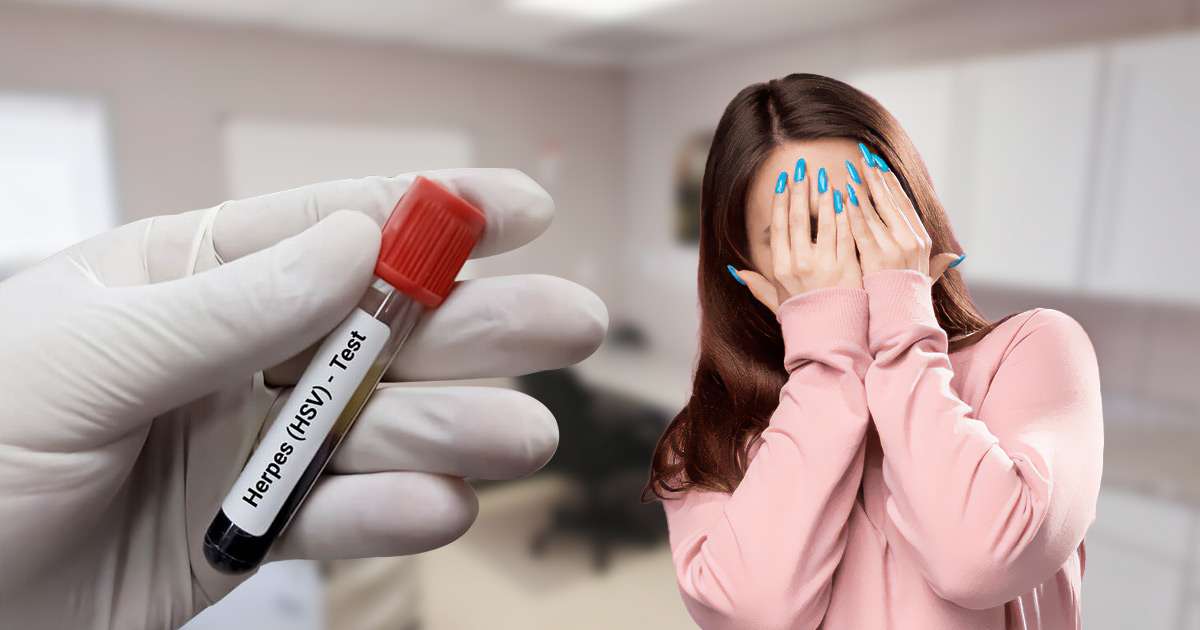When Should I Get Tested for STDs?

Understanding how long it takes for STDs to show up on a test is crucial for maintaining sexual health. Whether you’re concerned about a recent encounter or just want to stay informed, knowing the right time to get tested can help you make better decisions about your health.
How Long After Sexual Contact Should You Test for STDs?
One of the most common questions people ask is, “How long after unprotected sex should I get tested?” The answer depends on the specific STD because each has a different incubation period. For instance, chlamydia and gonorrhea can typically be detected within 1-2 weeks after exposure. If you’re worried about HIV, the antigen/antibody test is usually accurate 18-45 days after exposure, while the antibody test may take 23-90 days to show accurate results. Syphilis can be tested for 3-6 weeks after contact, while herpes (HSV-1 and HSV-2) blood tests become accurate after 4-6 weeks.
It’s important to consult with a healthcare provider for personalized advice on when to test for STDs after unprotected intercourse. They can help determine the best testing schedule based on your specific situation and the type of exposure you had. Regular testing is also recommended if you are sexually active, especially with new or multiple partners, to ensure early detection and treatment.
How Often Should You Get Tested for STDs?
Deciding how often to get tested for STDs depends on various factors, including your sexual activity and lifestyle. Generally, sexually active individuals should get tested at least once a year. However, if you have multiple partners, engage in unprotected sex, or have had a partner who tested positive for an STD, more frequent testing is advised. For example, men who have sex with men and sexually active women under 25 are recommended to test more frequently, possibly every 3-6 months, depending on their risk factors.
Additionally, “Should I get tested after every partner?” is a common question. While it’s not always necessary to get tested after every new partner, it is a good practice if you have unprotected sex or if you and your partner have not been tested before becoming sexually active together. Regular testing helps in early detection and treatment, reducing the risk of complications and transmission.
Who Is at Higher Risk of Catching an STD?
Certain groups of people are at higher risk of contracting STDs. If you fall into any of the categories below, consider more frequent testing:
- Sexually active adolescents and young adults: Higher risk due to higher rates of sexual activity and multiple partners.
- Men who have sex with men: Increased risk of HIV and other STDs.
- People with multiple sexual partners: Higher exposure risk.
- Individuals with a history of STDs: Previous infections can increase susceptibility to new infections.
- People who engage in unprotected sex: Lack of barrier protection increases risk.
- Sex workers and their clients: Higher likelihood of multiple partners and unprotected sex.
Understanding your risk level can help you decide on the appropriate testing frequency and ensure you take proactive steps to protect your health.
Which STDs Should You Test For?
When considering STD testing, it’s important to know which infections to test for. Common STDs to be aware of include:
- Chlamydia and Gonorrhea: Detectable within 1-2 weeks after exposure.
- HIV: Tests with antigen and antibody tests 18–45 days after exposure or antibody tests 23–90 days after exposure.
- Syphilis: Can be tested for 3-6 weeks after contact.
- Herpes (HSV-1 and HSV-2): Blood tests are accurate 4-6 weeks post-exposure.
- Hepatitis B and C: are typically detectable within 4–10 weeks.
- HPV (Human Papillomavirus): Routine Pap smears and HPV tests for women, no specific test for men.
Consulting a healthcare provider can help you determine which tests are appropriate based on your symptoms, risk factors, and sexual history.
Should You Test for STDs Before Pregnancy?
Testing for STDs before pregnancy is crucial for both maternal and infant health. STDs can have serious implications during pregnancy, including transmission to the baby, preterm labor, and other complications. Therefore, it is recommended that women planning to become pregnant get tested for common STDs, such as chlamydia, gonorrhea, HIV, syphilis, and hepatitis B and C.
Early detection and treatment can prevent complications and ensure a healthier pregnancy. Your healthcare provider can guide you on the necessary tests and timing to ensure you and your baby are protected.
Ensuring Sexual Health: Key Takeaways
Being aware of how long it takes for STDs to show up on a test is essential for timely and effective testing. Knowing when to test after unprotected intercourse, how often to get tested, recognizing higher risk groups, and identifying which STDs to test for are all critical steps in maintaining sexual health. Additionally, testing before pregnancy is important to safeguard both maternal and infant health. Regular and timely testing helps in early detection and treatment, reducing the risk of complications and transmission. Always consult with a healthcare provider to get personalized advice and ensure you are taking the best steps for your sexual health.

